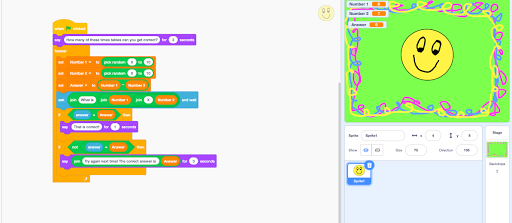Collecting Student Data - It's Working!

My students can be poor test takers. It was really evident when I collected my baseline data that some of my students were making careless mistakes in their reading test. I later discovered that a lot of this was due to the fact that they were not monitoring their own understanding of the text while they read. As such, we have been discussing this in class, using the framework below: To gather data throughout my inquiry, I have been giving my students short mini tests, with an unseen levelled text (at instructional level) and a few questions. From this I also gave some students a Probe test to collect summative data as well. I have selected a target group to focus on (I originally was looking at the whole class), who have consistently been in attendance for our literacy lessons since returning from the lockdown. Most of these students are achieving around their chronological age, but I believe have the potential to be achieving above it. Year 7's Boy 1 This boy has identified that ...


